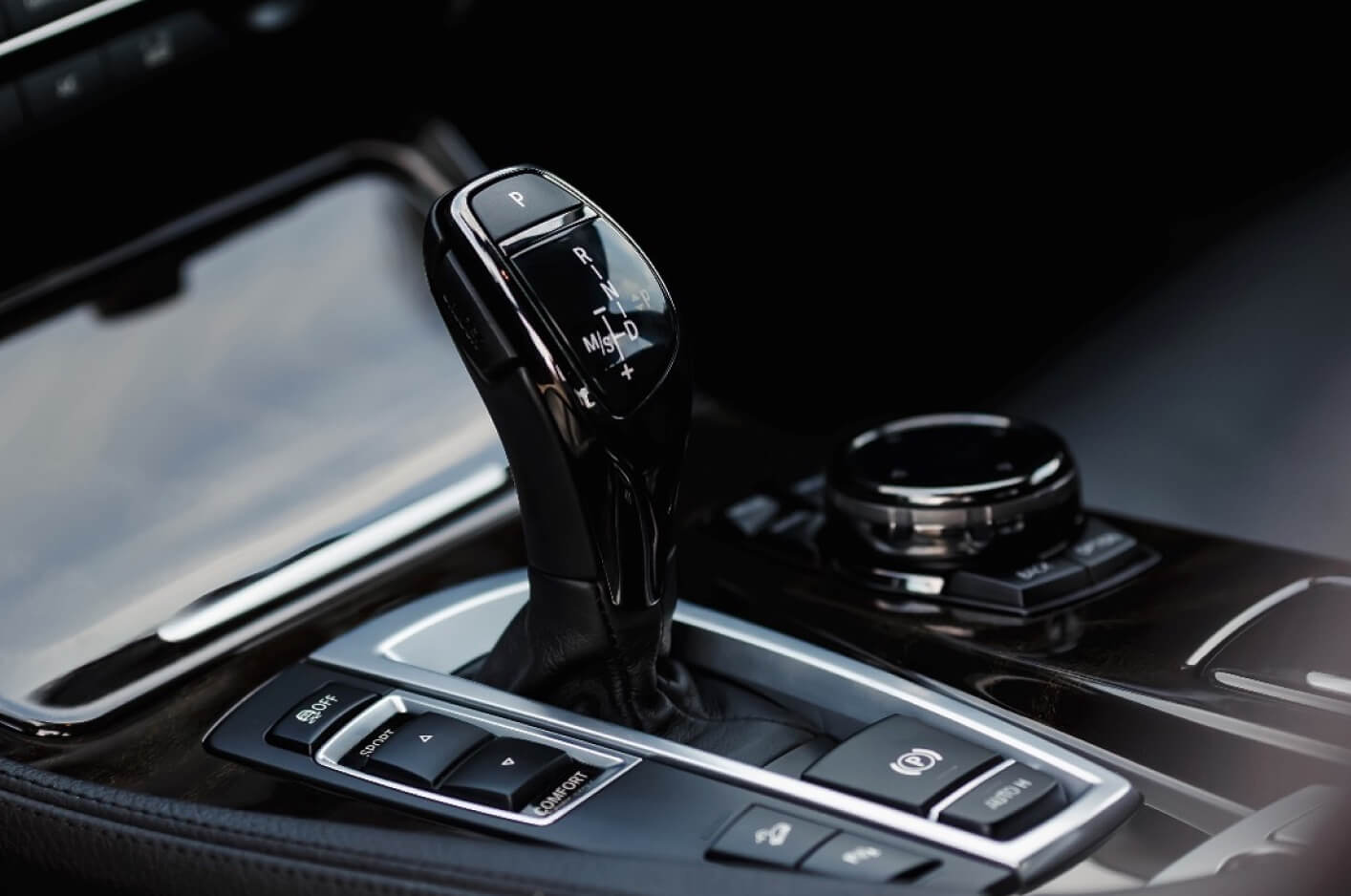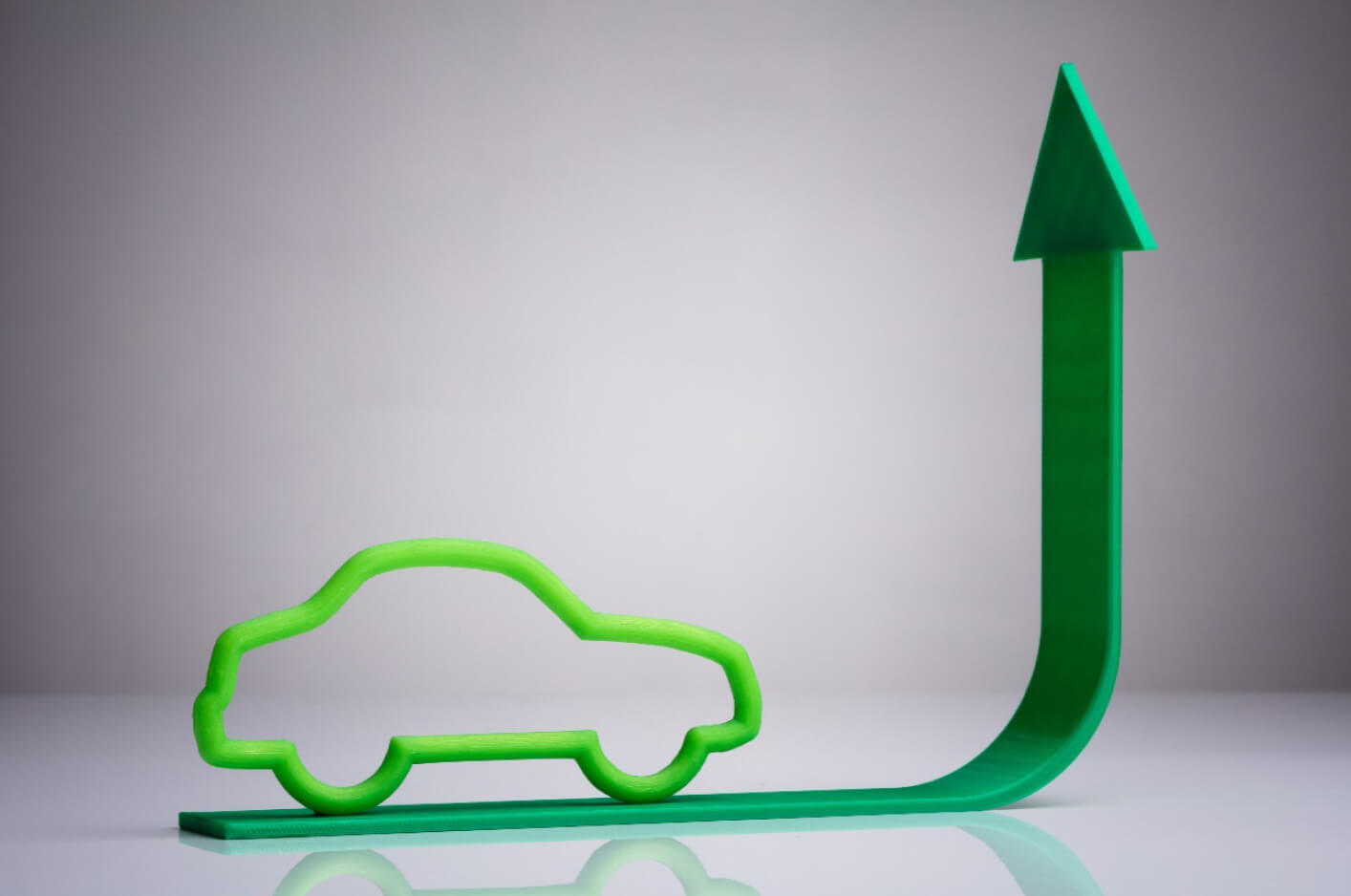9 February 2024
In response to higher drink drive cases Police heighten roadside testing
The number of roadside breath tests has seen a yearly increase, responding to a rise in fatalities caused by drunk drivers. In 2022, police in England and Wales conducted breath tests on 249,542 drivers, an 8% increase from the previous year, as per the latest Home Office data.

Of those tested, 17% were found to be over the legal limit, a proportion consistent with the preceding two years. This information follows data from the previous year, revealing an estimated 260 deaths on Britain's roads in 2021 involving a driver exceeding the drink-drive limit—an 18% year-on-year rise, the highest since 2009. Additionally, the data indicated that 6,740 individuals were injured in drink drive accidents, reflecting a 4% increase.
Home Office figures disclosed a 2% rise in traffic officers, totaling 3,960 by March 2023.
Despite this progress, testing levels in England and Wales remain considerably lower than in other European countries. The data shows that only five tests per 1,000 inhabitants are conducted, compared to 18 in Ireland and 109 in France.
Several factors contributed to the increased breathalyser tests in 2022, including the return of traffic to normal levels after Covid lockdowns and the football World Cup in November and December.
Research underscores the severity of the issue, revealing that at the current drink drive limit in England and Wales, individuals are 13 times more likely to be involved in a fatal crash than when sober.
It is essential fleet managers voice caution to drivers to adopt a zero tolerance to alcohol when driving to avoid any issues surrounding drink driving.
Here are five facts for drivers to think about before getting behind the wheel:
Myth: Only Heavy Drinkers Are at Risk:
Fact: Any amount of alcohol can impair your ability to drive. Even small amounts can affect coordination and reaction time. It's crucial to understand that any level of alcohol consumption can contribute to impaired driving.
Myth: Coffee or Cold Showers Can Sober You Up Quickly:
Fact: Time is the only factor that can sober someone up. Coffee, cold showers, or other home remedies may make you feel more awake, but they don't eliminate alcohol from your system. Only time allows your body to metabolize and eliminate alcohol.
Myth: Eating a Large Meal Can Prevent Intoxication:
Fact: While eating before drinking can slow down alcohol absorption, it doesn't prevent intoxication. The rate at which alcohol affects the body depends on various factors, and consuming a large meal doesn't provide a foolproof safeguard against impairment.
Myth: You Can Drive Safely if You Don't "Feel Drunk":
Fact: Alcohol affects people differently, and individuals may not accurately assess their level of impairment. Even if you don't feel drunk, your cognitive and motor skills can be compromised. It's crucial to rely on objective measures like blood alcohol concentration (BAC) rather than subjective feelings.
Myth: Breath Mints or Gum Can Mask Alcohol Odor:
Fact: Breath mints or gum may temporarily mask the smell of alcohol on your breath, but they don't eliminate the signs of impairment. Law enforcement officers are trained to detect signs of intoxication beyond just the odor of alcohol, such as slurred speech, erratic behavior, and poor coordination.


